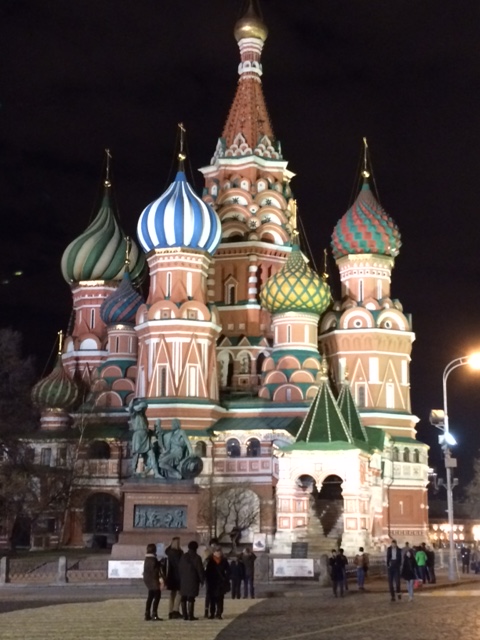Book Review
Dave Sherry, Russia 1917: Workers’ Revolution and the Festival of the Oppressed, 2017, Bookmarks, pp274, £12.99, 9781910885420
Writing in the Guardian, Paul Mason warned recently this year’s centenary of the Russian Revolution would bring with it ‘an avalanche of reactionary bullshit’. This dismal prospect has already come to pass in the form of at least one ‘new history’, much fanfared by the likes of Niall Ferguson, Fortunately, writers on the left have not been slow to counter the threatened ‘avalanche’, with books varying in focus and format from Tariq Ali, Neil Faulkner, China Mieville and John Newsinger, among others. To these may be added the present volume from Dave Sherry, a veteran activist and prolific writer for the Socialist Workers Party, and published by the SWP imprint, Bookmarks. All have undertaken, in the words of American geo-historian Mike Davis, ‘a singularly daunting task’. 
Early accounts of the revolution come direct from the field of action. Leon Trotsky’s The History of the Russian Revolution to Brest-Litovsk was written during breaks in the peace negotiations with Germany and was circulated in Britain in editions published by the British Socialist Party and the Socialist Labour Party. The American Communist, John Reed’s Ten Days That Shook the World, charged with the immediacy of committed reportage, has remained a classic since publication in 1919. Much subsequent study has been processed as a Cold War cottage industry, continuing through to the fall of the Soviet Union and the opening of the Kremlin archives. Radical historians, too, have brought crucial aspects of the revolution to new light.
Following his earlier Empire and Revolution: A Socialist History of the First World War, Dave Sherry has set the Russian Revolution within the contexts of the war and a domestic background of tsarist absolutism. Each episode of a tumultuous year receives intimate depiction and scrutiny, portraying both the congenital inability of the ruling class to retain power by means other than draconian repression, and the development and occasional vacillation of the revolutionary forces. This impressive synthesis is particularly effective in restoring to their central roles in the narrative such eclipsed Bolshevik organisers as Alexandra Kollontai and Alexander Shlyapnikov.
Similar prominence is given to the words and actions of both named and anonymous figures from the ranks of the popular, working class and military organisations which comprised the motor forces of the revolution, while the urgent writings of Lenin, seeking always to focus and direct their forces, are examined in terms of their critical reception by both his fellow Bolsheviks and other socialists in Russia and beyond. Crucially, the story as told by Sherry sustains the dynamism of the greatest social movement the world had yet seen. A couple of errors in this copiously referenced text (the constructivist artist Malevich is mis-named, and the origins of the concept of ‘The Servile State’ are mis-attributed) do not materially detract from the overall achievement of Mike Davis’s exacting brief.
As its title implies, Dave Sherry’s book is a celebration of the Russian Revolution and a defence of its ideals. Here in Scotland, the Scottish Labour History Society has organised a special conference to commemorate the revolution and explore related themes. ‘Scotland and the Russian Revolution: Impact and Legacy’ takes place on Saturday 4 November 2017.
Stewart Maclennan is chair of the Scottish Labour History Society

